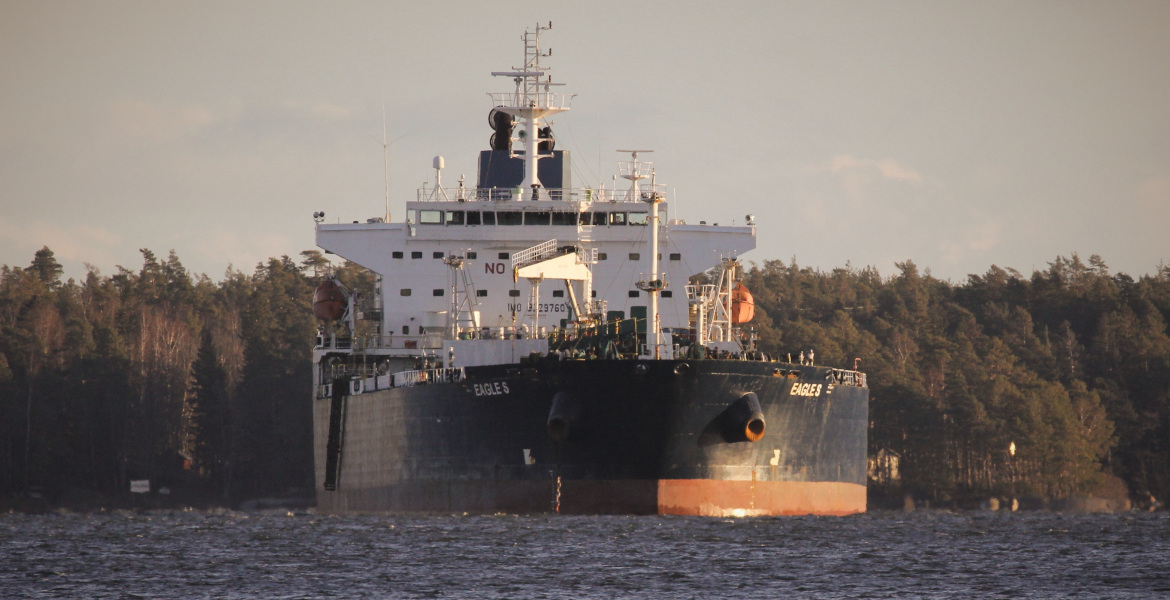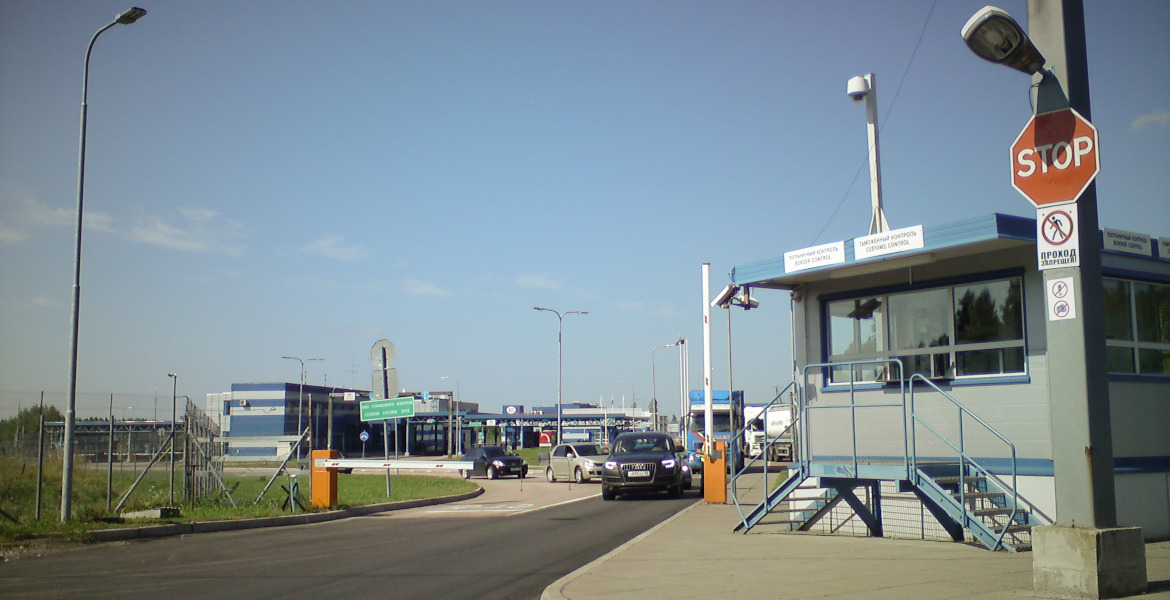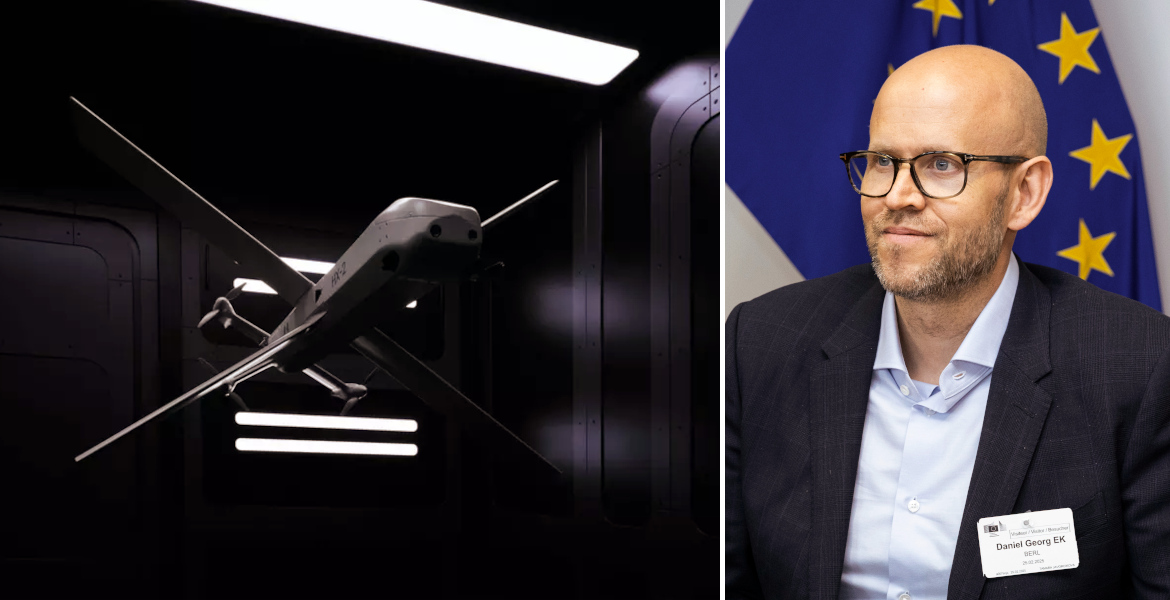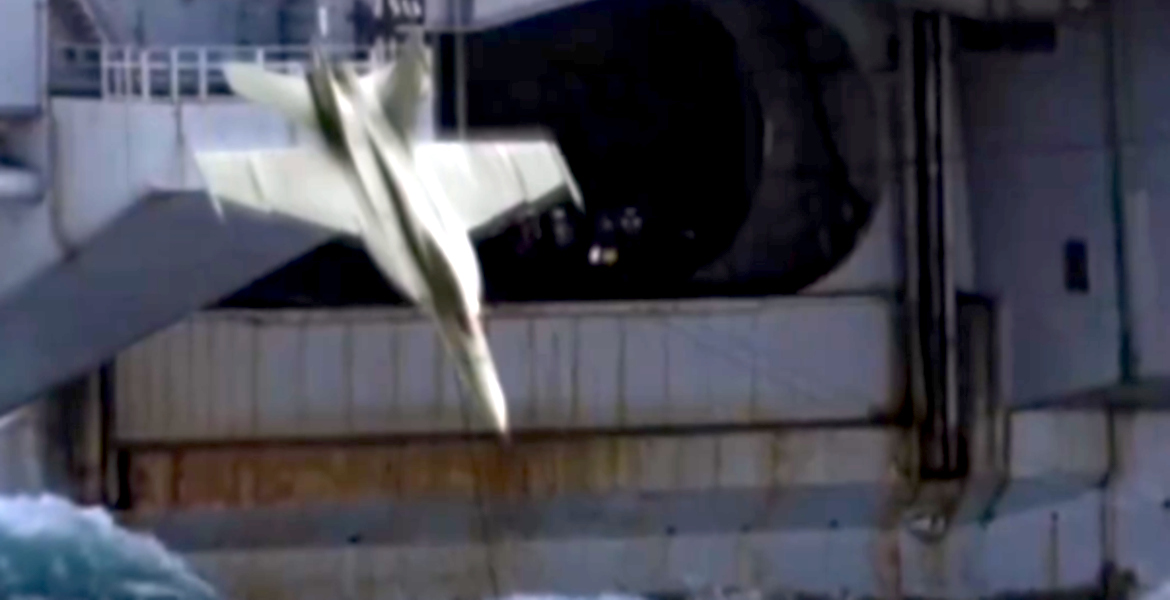Helsinki District Court rules that Finland lacked jurisdiction to prosecute the crew of oil tanker Eagle S.
Harsh criticism is now directed at authorities' boarding of the vessel in international waters – an action that risks becoming very costly for Finnish taxpayers.
The ruling from Helsinki District Court is a heavy setback for Finnish authorities who dramatically boarded the oil tanker Eagle S in international waters last year. The district court establishes that Finland simply lacked the right to prosecute the crew for the alleged cable breaks.
Captain Davit Vadatchkoria and officers Robert Egizaryan and Santosh Kumar Chaurasia were charged with aggravated sabotage and aggravated disruption of postal and telecommunications traffic. The charges also included alternative, lesser criminal classifications: sabotage, aggravated vandalism and causing public danger.
But since the cable breaks – which involved five underwater cables – occurred outside Finland's territorial waters, Finnish criminal law cannot be applied, the court states.
"International waters – period"
Lawyer Herman Ljungberg, who represents shipping company Caravella FZ LLC, has consistently argued that the action was illegal.
— The damage occurred in international waters, period. Therefore Finland has nothing to do with the matter. Only the flag state, in this case the Cook Islands, has jurisdiction, he tells Svenska Yle.
Ljungberg goes further and calls the incident an illegal hijacking.
— The boarding should absolutely be investigated. We already filed a police report about the boarding at an earlier stage, but it was left without investigation, he says.
District court refers to maritime law convention
In its ruling, the district court states that the incident was an accident and refers to articles in the UN Convention on the Law of the Sea. The court does note that the act according to the charges had caused "exceptionally large" economic damage, but still establishes that a Finnish court cannot try the case.
The court's conclusion underscores the inappropriateness of the authorities' actions: They boarded a vessel in international waters, held it for over two months and brought charges – despite lacking jurisdiction.
Taxpayers will pay the bill
The direct cost of the failed legal process already amounts to €193,000 in legal costs that the Finnish state must reimburse the three acquitted defendants.
But that could be the beginning of a significantly more expensive bill. The shipping company is preparing extensive damage claims.
— It could involve damages of tens of millions of euros. The shipping company believes the Finnish state owes them money due to the illegal hijacking of the vessel, says Ljungberg.
He points to the cargo – primarily unleaded gasoline – allegedly being damaged during the months the vessel was held, as well as lost rental income while the ship stood idle outside Sköldvik, Finland.
"Shadow fleet" – a loaded term without clear definition
The case has been characterized by strong words and dramatic headlines. When the EU introduced new sanctions in May 2025 against what is called "the Russian shadow fleet," Eagle S was placed on a list of so-called shadow vessels.
The term "shadow vessel" or "shadow fleet" is used by politicians and in media, but there is no unified, official definition of what is meant. The concept generally seems to refer to older vessels with complicated ownership structures that transport Russian oil, possibly to circumvent international sanctions.
That a vessel appears on the EU's sanctions list does not, however, affect the question of jurisdiction. In the Eagle S case, the court establishes that Finland lacked the right to prosecute the crew, regardless of the vessel's status as a listed shadow ship.
What happens now?
The prosecutors, represented by Deputy Prosecutor General Jukka Rappe, have not yet commented on the ruling. Rappe has previously unsuccessfully tried to justify why Finland should have jurisdiction:
— In this case, the cable capacity has been so large that in my opinion it is clear that data communication and the electrical system have been affected in Finland. Therefore the act is considered to have been performed in Finland even though the location where the cables were cut lies outside Finnish borders, Rappe told Svenska Yle in August.
Now prosecutors face the choice of appealing to the Court of Appeal or accepting defeat.
It is also possible that the Cook Islands, as flag state for Eagle S, chooses to take over the investigation – if they would even consider there is a case to investigate.
For the three crew members, who spent months in Finland with travel bans and obligations to report to police weekly, the matter is now over. But for the Finnish state and taxpayers, the consequences of the hasty boarding could prove far more costly than those responsible originally imagined.




